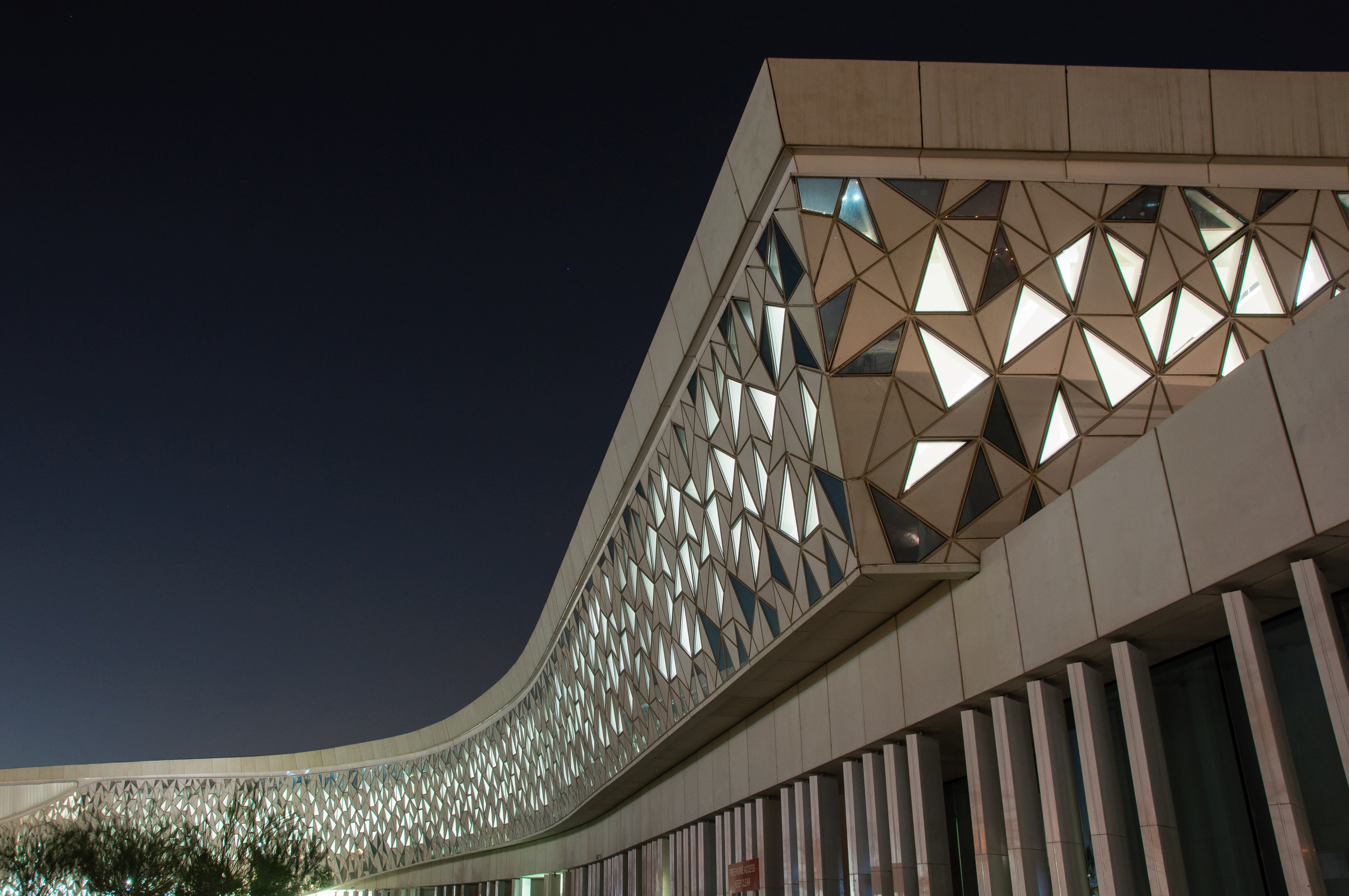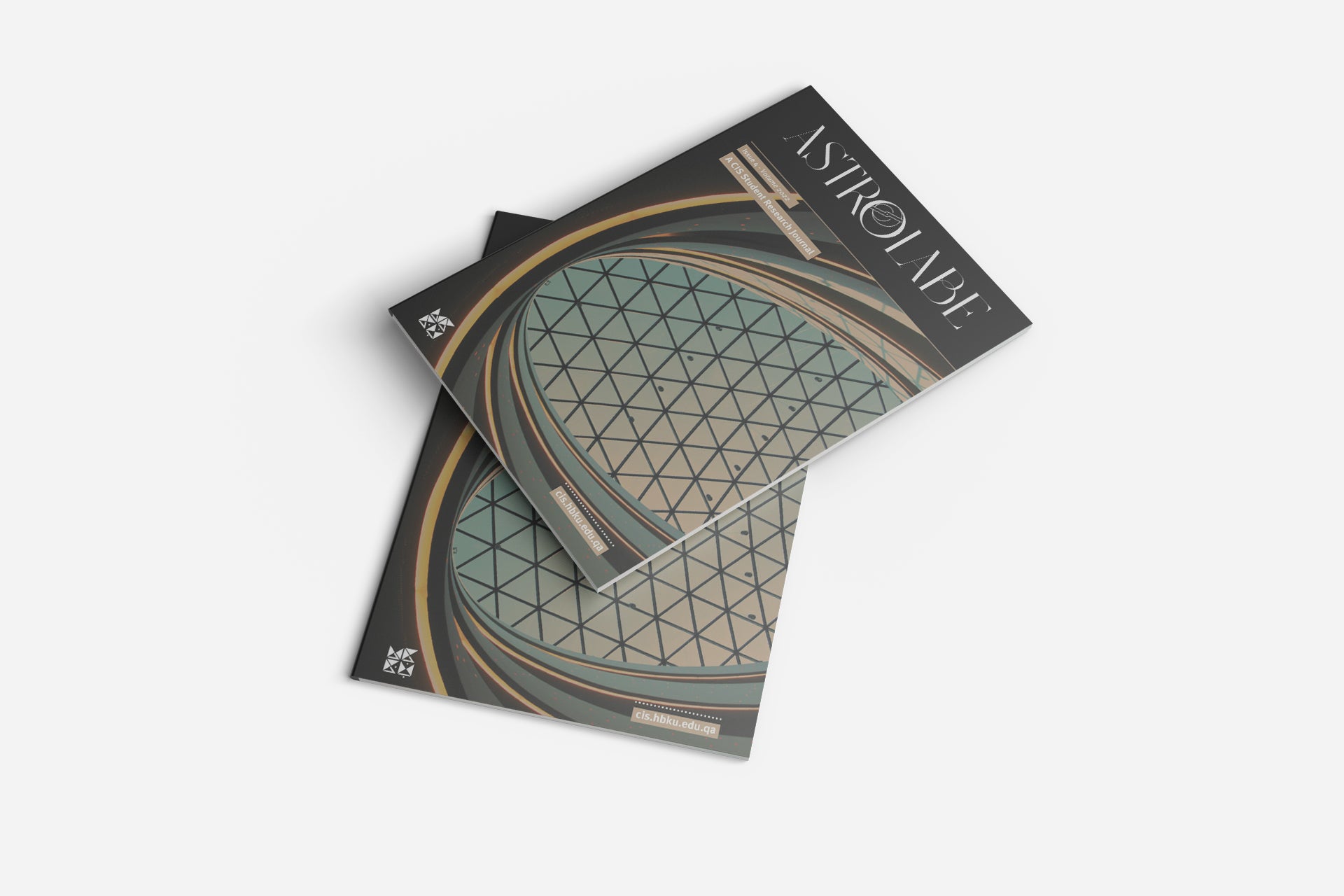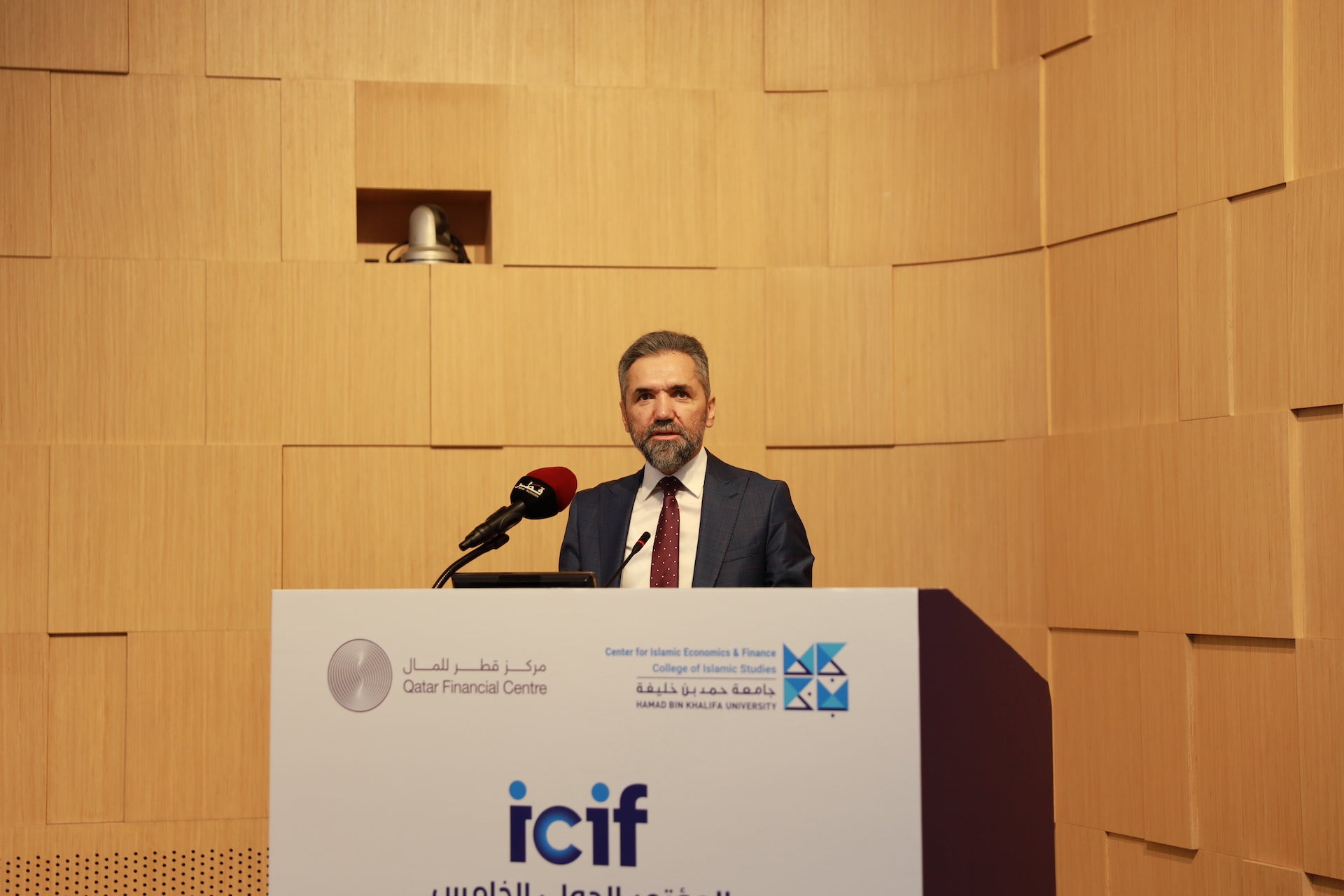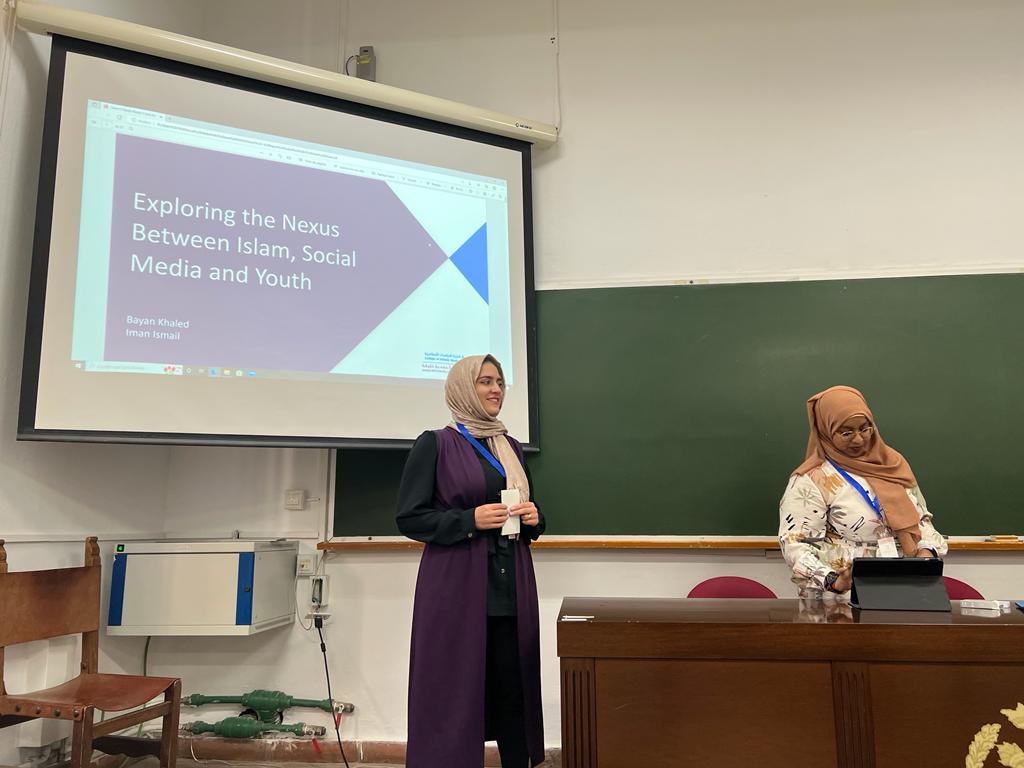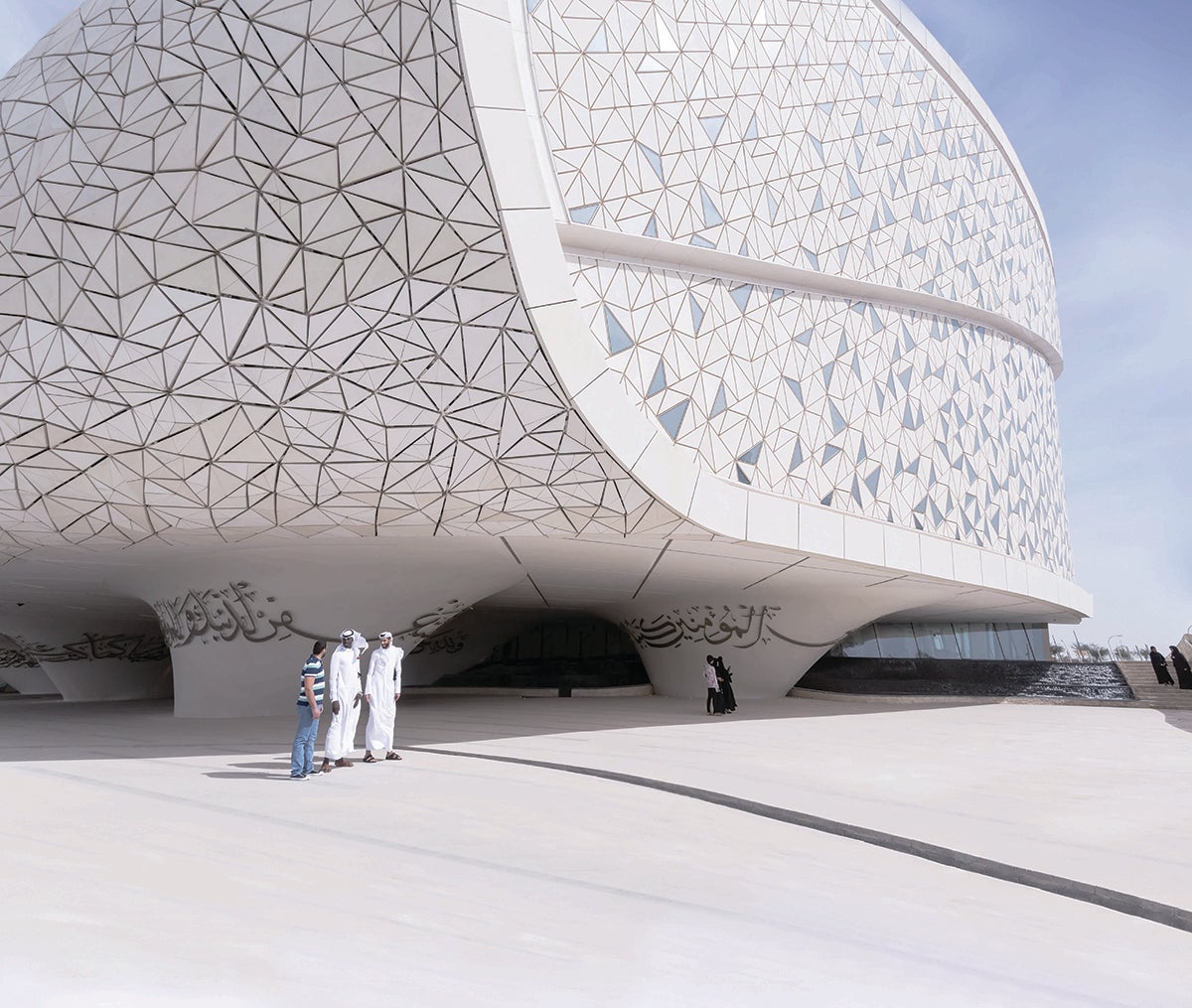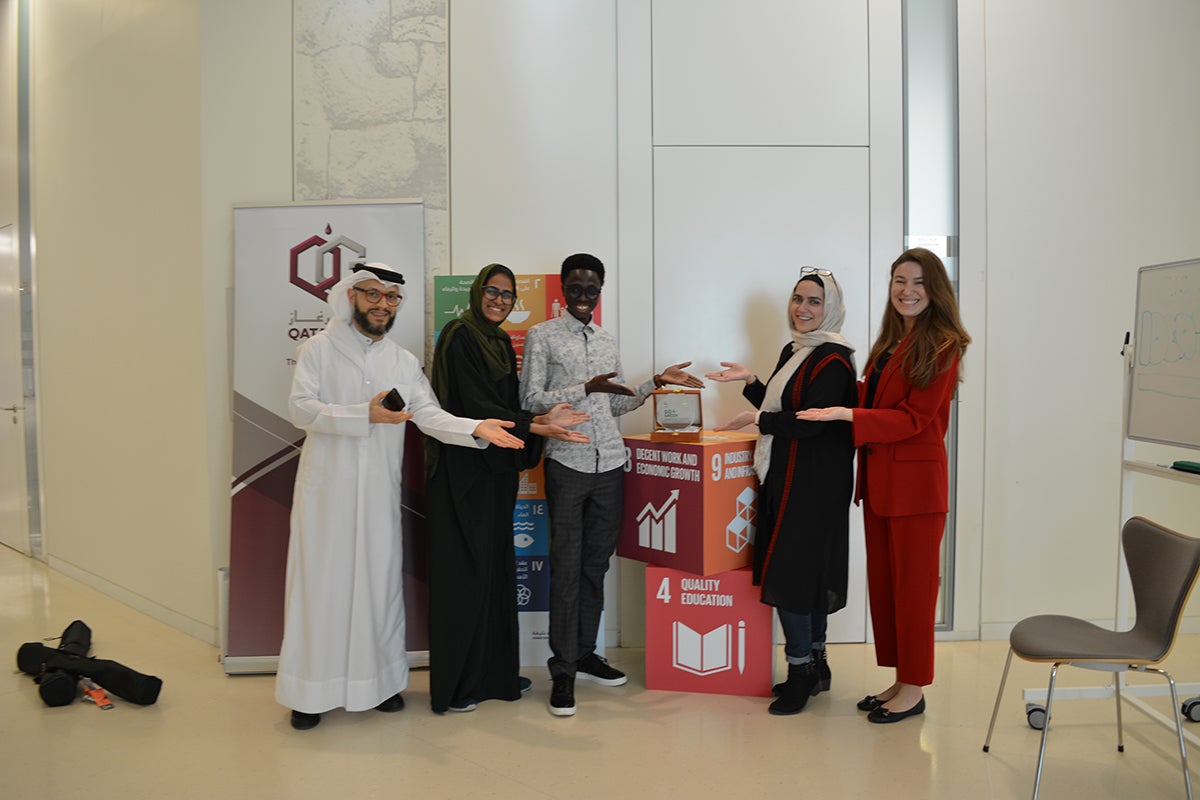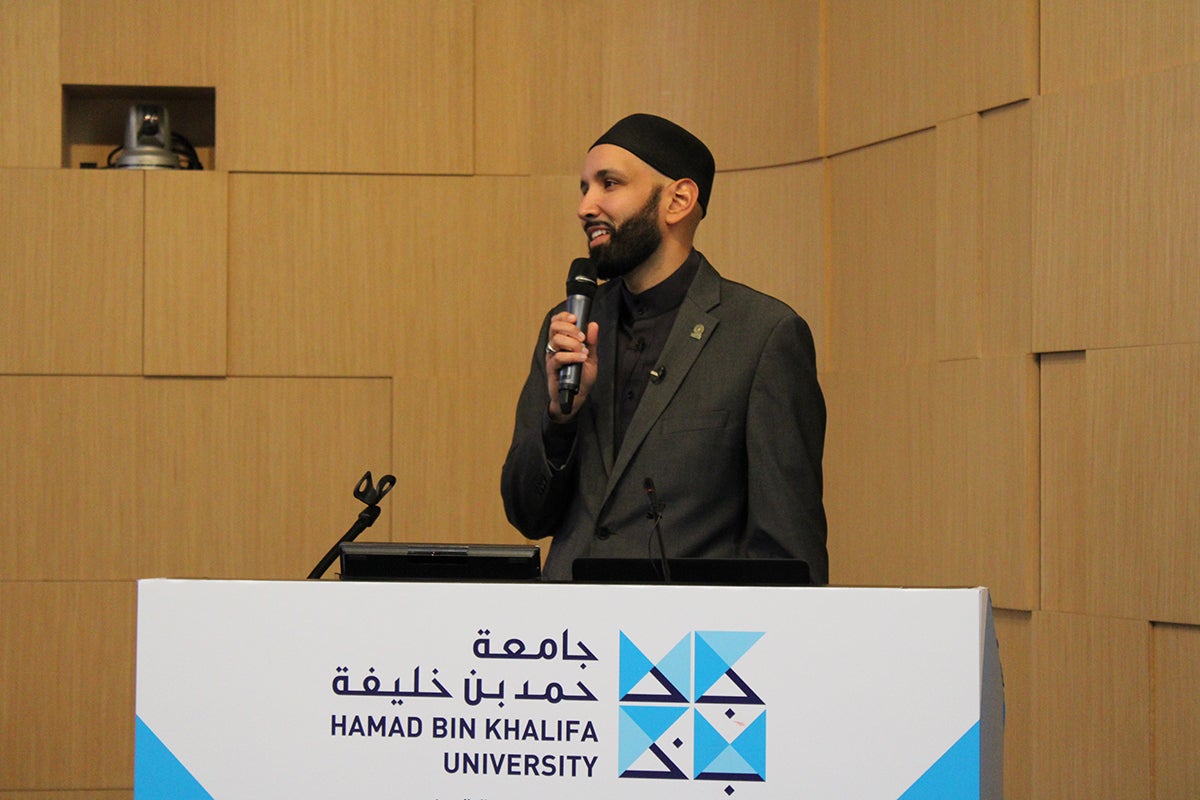Sherin Karawia, a College of Islamic Studies graduate and now an assistant instructor at Virginia Commonwealth University School of the Arts in Qatar, is an HBKU Innovation Center awardee with a project focused on rebuilding education systems in a relentless pandemic.
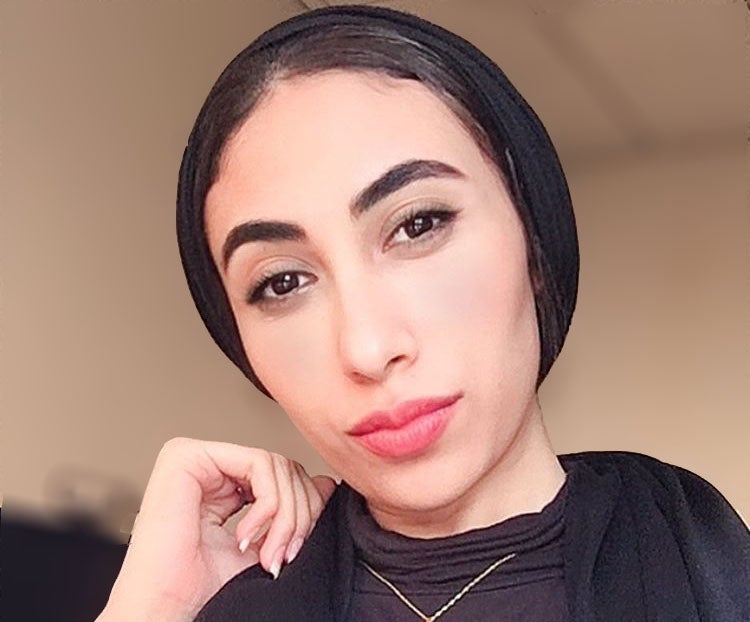
Please give us an overview of your project; where the idea stemmed from; phases it is currently undergoing; any elements of practical implementation; and/or types of technologies used?
This project addresses key challenges and gaps in the global education system by proposing a forward-thinking pedagogical virtual reality (VR) project. In tandem, it looks into a strategy for its adoption within Qatar’s education sector. The project offers an innovative solution to increase responsiveness and preparedness through unique digital learning strategies that apply new digital learning tools and enrich current curricula. The idea is to advance student development significantly and promote engagement by employing VR-based collaboration tools in a blended or remote learning environment. This project will serve educational leadership and faculty and will break any intimidation barriers when it comes to technology and software.
While VR-based collaboration tools are now being adopted in industry, they have yet to be evaluated within the context of education. Additionally, neither the education sector nor industry have employed virtual embodiment theories together with performance coaching principles to develop 21st century skills, such as resilience, creativity and optimism. This unique cross-disciplinary approach seeks to increase student engagement, constructive learning, and build 21st-century skills. Therefore, education is reimagined in a way that addresses significant challenges in the global arena, which have been amplified by the COVID-19 pandemic.
Where is the project being applied in Qatar? And what is your assessment of how it is faring so far?
We will apply the project’s outcomes and test the pedagogical benefits of chosen VR software applications by collaborating with Qatar Foundation entities. Two courses taught by members of this project, one at Northwestern University in Qatar and the other at Virginia Commonwealth University in Qatar, will serve as a proof-of-concepts in the Fall and Spring semesters of 2020.
How common are VR technologies for education? How do you think they contribute to the debates on remote and/or experiential learning?
What remains innovative about this project is its examination of The Alter Ego Effect – mental visualization of a heroic self that leads to increased resilience, creativity and optimism. Such a theory has not been applied before in the context of student learning, which derives a novel approach to our study and its applications.
In what ways has COVID been a catalyst for your project?
The pandemic was a major initiator of this project. Recent and rapid changes -- all of which were drastic -- have required us to experience life differently. The education sector was particularly hard-hit with thousands of students affected by the new normal. Our learning experiences have been changed and, rather than being placed in an interactive setting, we were confronted by black Zoom screens. Given that privacy is very important in Qatari and Arab cultures, not everyone was comfortable with turning on their cameras. This later affected engagement and interaction levels inside the classroom and that is why we had to think of a solution to enhance our educational environments and increase student engagement.
What are your beliefs regarding VR technologies contributing to the overall wellbeing of children and students, especially in light of the debate on excessive reliance on technology?
Like all else in life, I believe in the good and the bad. However, technology has played an emergent role in our lives during the pandemic. Our project seeks to reinforce an experiential learning setting inside the classroom, measure the physiological factors of students, and enhance their overall experience.
Sherin Karawia is collaborating on this project with Mona Kassem and Mariam Rafeh at the Virginia Commonwealth University School of the Arts in Qatar.




